Robert Gaudin Greene, June 23, 1924–September 27, 2016
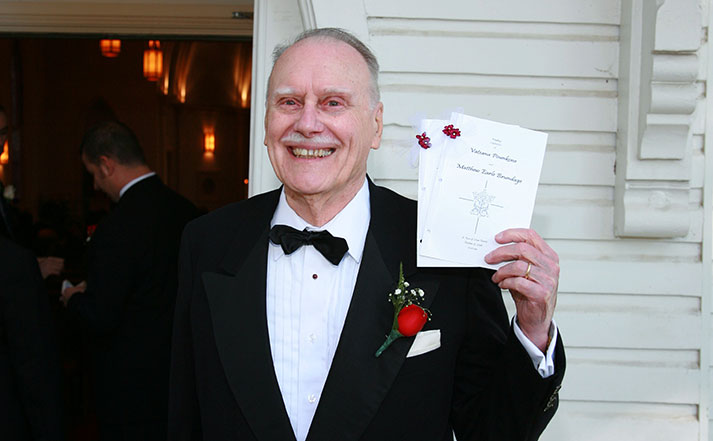
From the beginning, there were strands that once anchored me to my childhood. In government, it was President Ronald Reagan. In faith, Pope John Paul II (now Saint John Paul the Great). In sports, baseball player Cal Ripken Jr. In music, Brian Wilson. And in family, it was my late grandfather, Robert Gaudin Greene. It’s hard to explain, but their continued presence in my life served as a sort of willful suspension of time. In a way, I could keep telling myself, “Time isn’t really passing …” or “The world is just as it was …” as long as my childhood heroes — my strands — were still alive and thriving. As long as Papa was around, I was still but a child, an adolescent. But on Tuesday morning, another strand came loose, as my grandfather passed into eternal life.
His obituary:
On September 27, 2016 Robert Morgan Gaudin Greene, age 92, peacefully passed away in Rockville, MD. He was born on June 23, 1924 in Waco, TX, the 6th of 7 children, the fourth of five sons — the Martlet — of James Floyd Greene and Mary Louise Dupre. At the age of five, his family settled in Birmingham, AL where he attended Lakeview Elementary School, Ramsay High School, Birmingham Southern College, and Howard College (now Samford University). He enlisted in the US Navy in World War II, advancing to the rank of Lieutenant Junior Grade. He served on the destroyer U.S.S. Hall, the hospital ship U.S.S. Consolation, and the gasoline tanker U.S.S. Patapsco. After the War, he settled in the Washington D.C. area and received a Mechanical Engineering degree from the Catholic University of America. He married the former Ellen Rowena Deckelman on November 8, 1952.
Mr. Greene had a varied career starting as a Mechanical Engineer for the Bureau of Ships Model Basin and then to the U.S. Army Biological Laboratories at Fort Detrick. He served as the Patent Security Officer of the U.S. Army from 1973 until 1980. After 26 years of Army employment, he retired in 1980 as a General Engineer from Headquarters US Army Material Command. He was a life-long Catholic with membership in the Knights of Columbus, Legion of Mary and Holy Name Society and was a founding member of St Elizabeth Parish in Rockville, MD. He attended Gaithersburg Community Bible Study for several years. Among his hobbies were fishing, crossword puzzles, Scrabble, antique clock repair, traveling, and being among family. He leaves behind his beloved wife Ellen, and 3 children: Theresa M. Brundage (Geoffrey) of Olney, MD, Paul V. of Rockville, MD and Kevin M. (Amy) of Elmira, NY, 8 grandchildren and 3 great-grandchildren. He was pre-deceased by 1 grandchild in 1998. He is survived by a brother, Edward A. Greene of Chevy Chase, MD.
There’s an old saying that goes something like, “You never have to ask someone if they’re a veteran, because they’ll just tell you. And then they’ll keep reminding you again and again.” However, this saying in no way applied to my grandfather. Very rarely did I hear about his service in the Navy during World War II, or of his employment as a mechanical engineer with the Army during Korea and Vietnam. Papa was always perfectly modest about it, even considering the degree of reverence that society typically bestows upon WWII veterans — the quintessential members of the Greatest Generation.
My only recollection of his time in the Navy comes from his naval enlistment photograph, framed and still hanging in the hallway of his home. I’d pass by that faded photograph from time to time, pausing for just a moment to meditate on the man in the picture. I saw it again recently and it was like peering into a mirror.
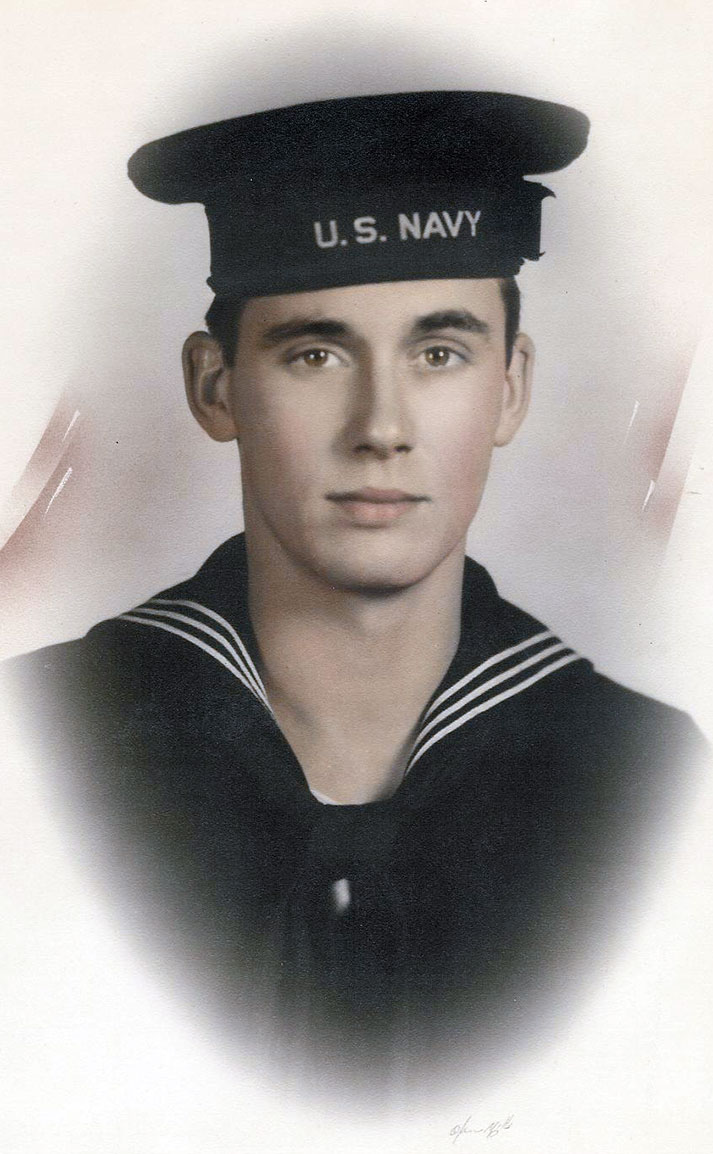
From my earliest memories, I witnessed his seemingly unbounded intelligence and curiosity. For instance, he knew the binomial nomenclature of scores of flora and fauna. He restored old clocks and household appliances. For years, he kept his mind sharp by finishing the Washington Post crossword puzzle before breakfast. His copies of the dictionary and the Scrabble players dictionary are ragged and lined with his frequent notes and addenda. Yes, he edited the dictionary!
He retired at age 56, the year I was born. He lived a humble, mostly quiet life in retirement. Even though his lifestyle was never lavish, I still managed to get the impression that he never had to worry about money. As a child, having sleepovers at Grandma and Papa’s house was always a special time, always a calming experience. Papa was, in every sense of the word, a model grandfather.
Deep in my heart — that’s where the knot comes loose.
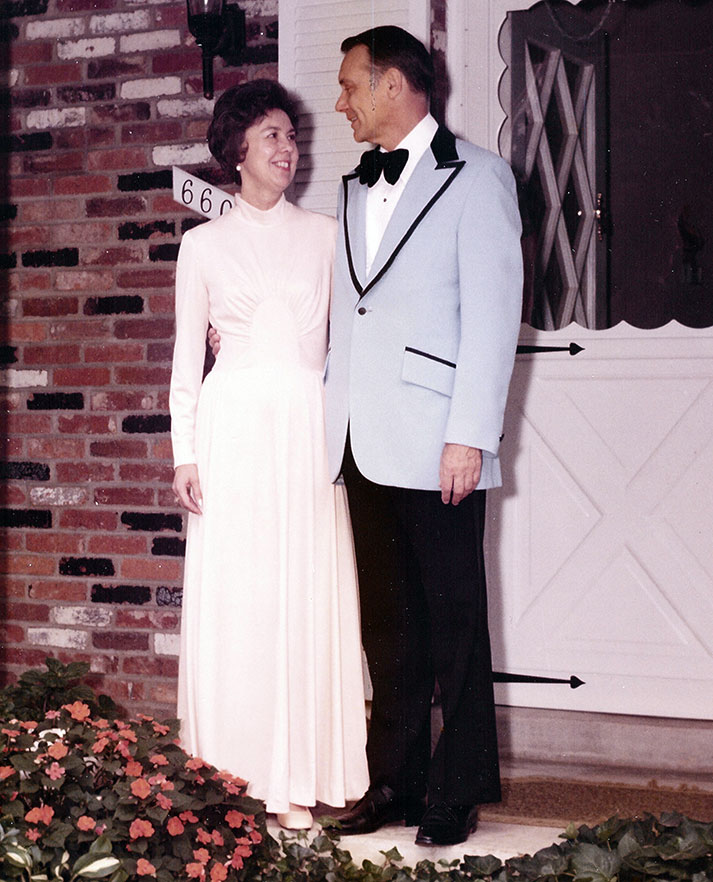
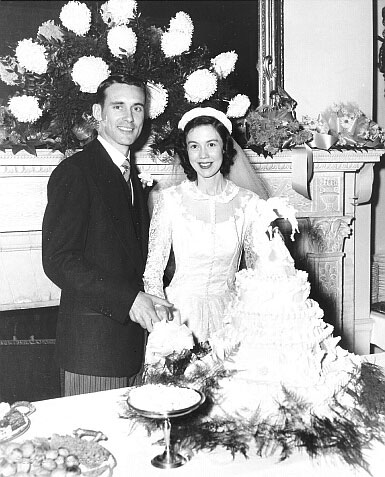


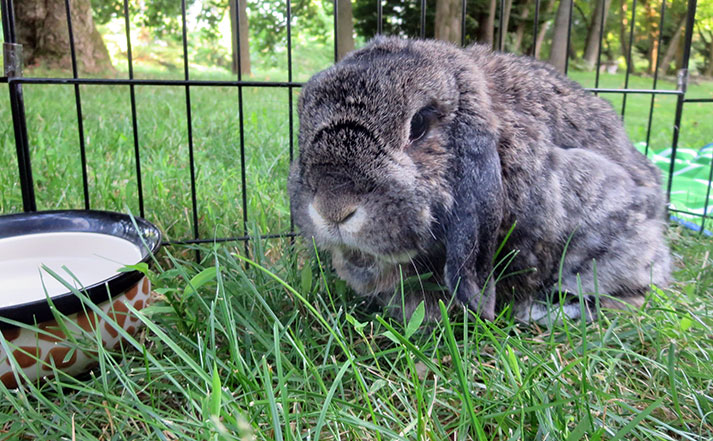



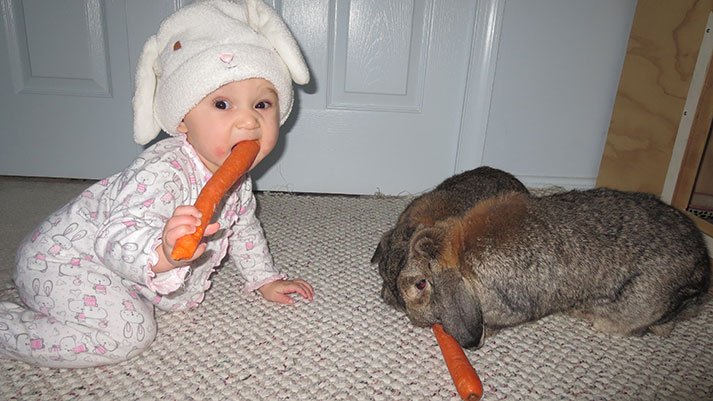


 What really gets my blood boiling these days is the “Communist chic”, especially on clothing and apparel. Why has the wearing of the Soviet
What really gets my blood boiling these days is the “Communist chic”, especially on clothing and apparel. Why has the wearing of the Soviet 







